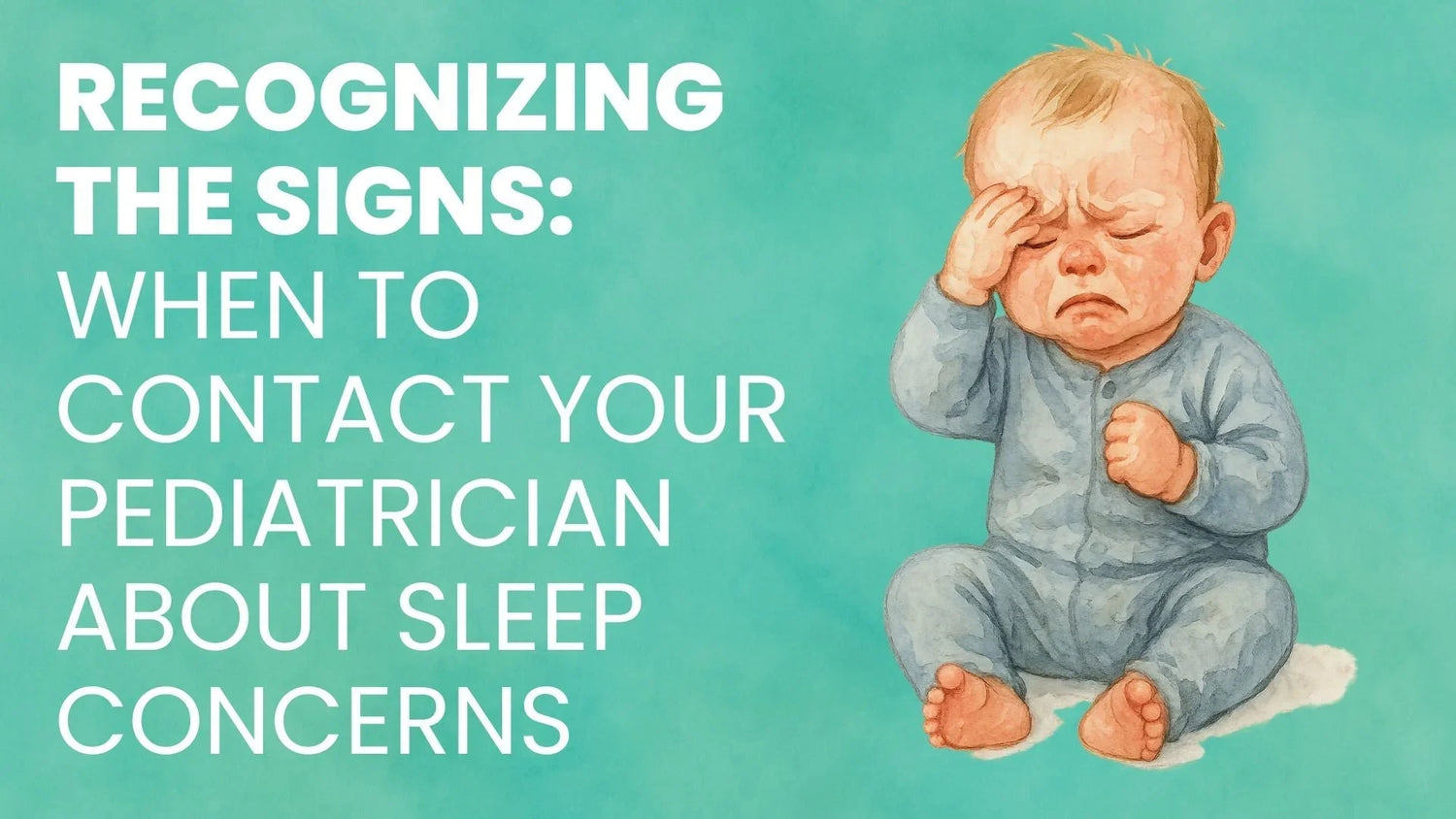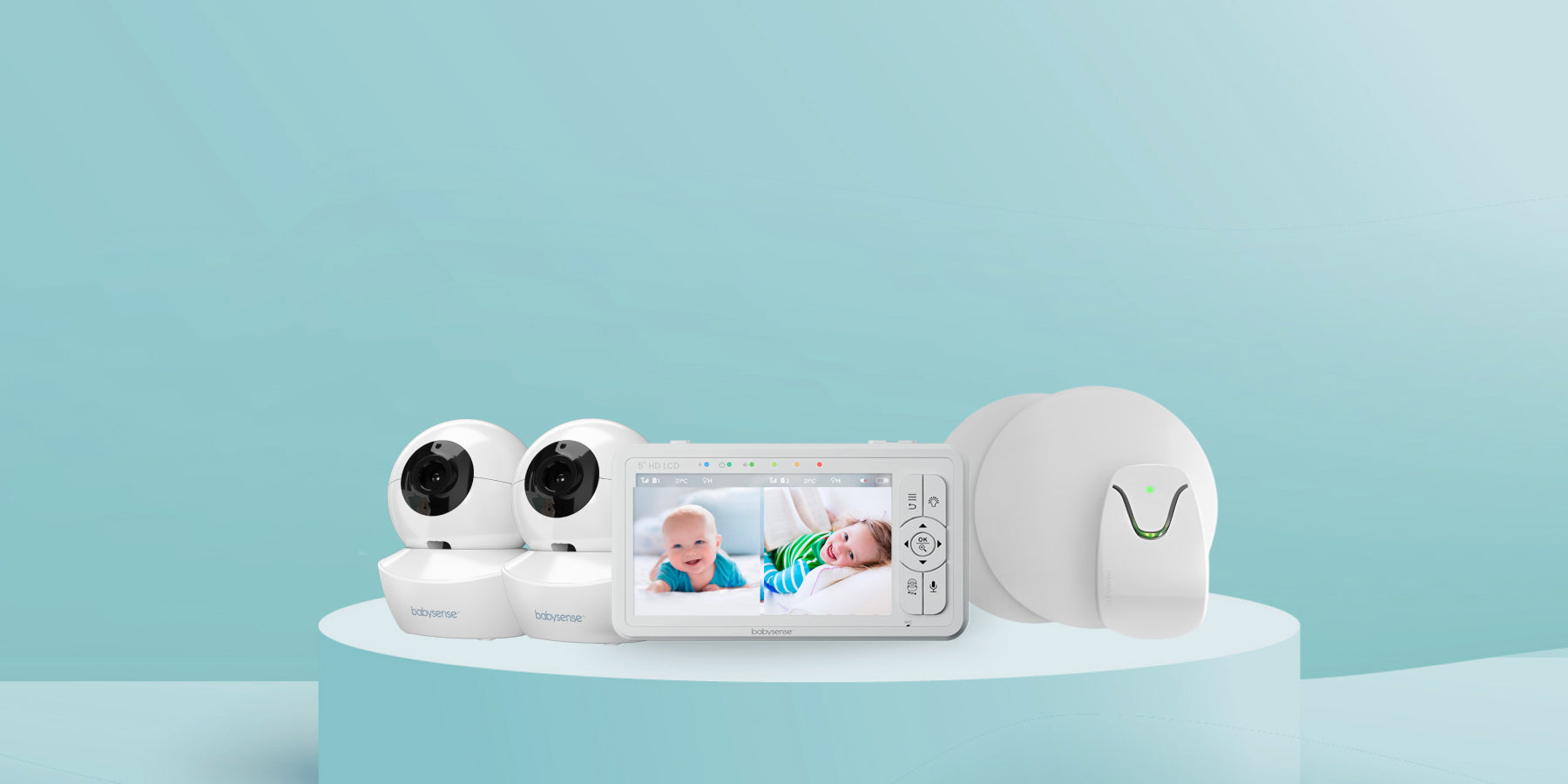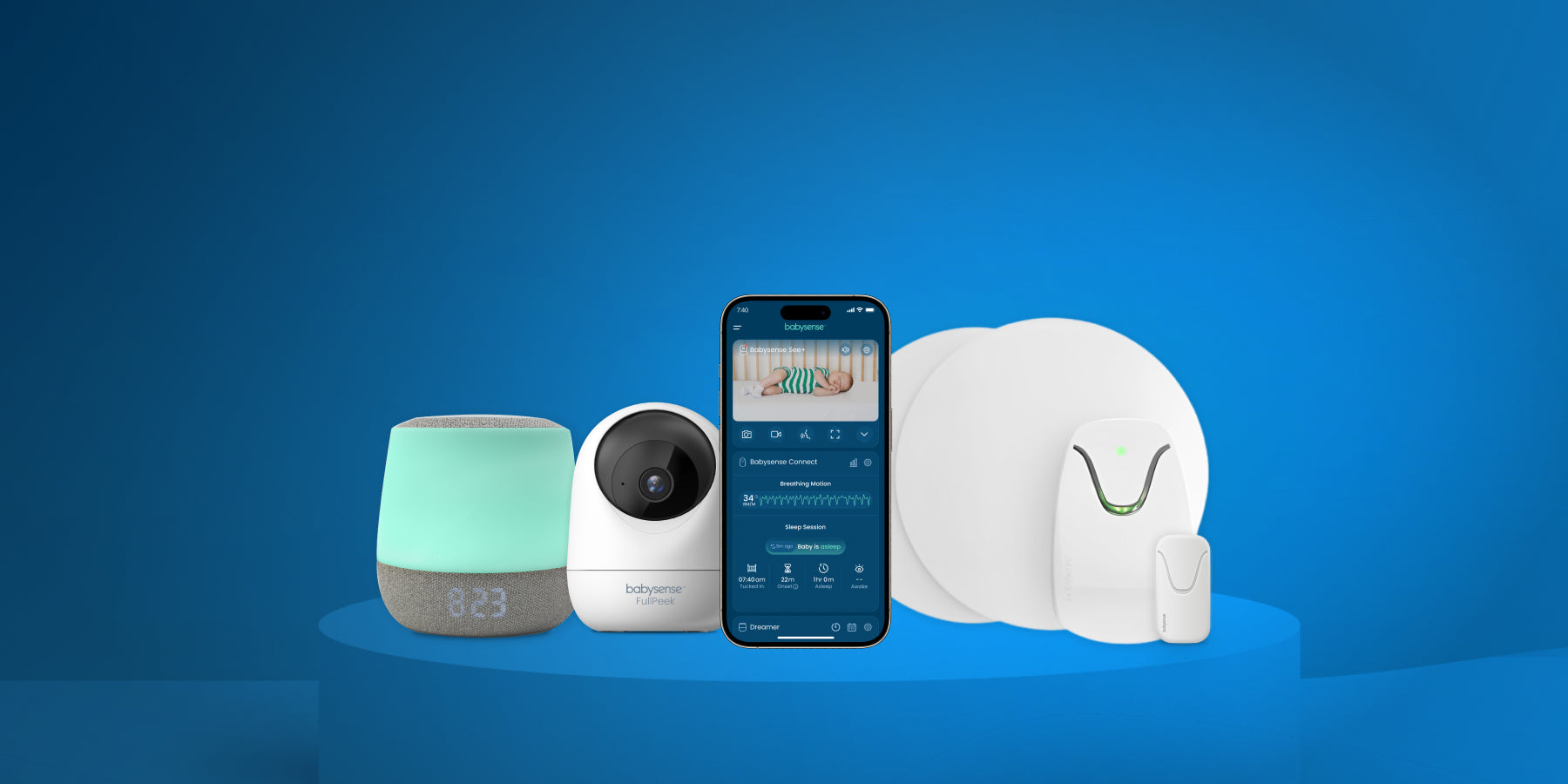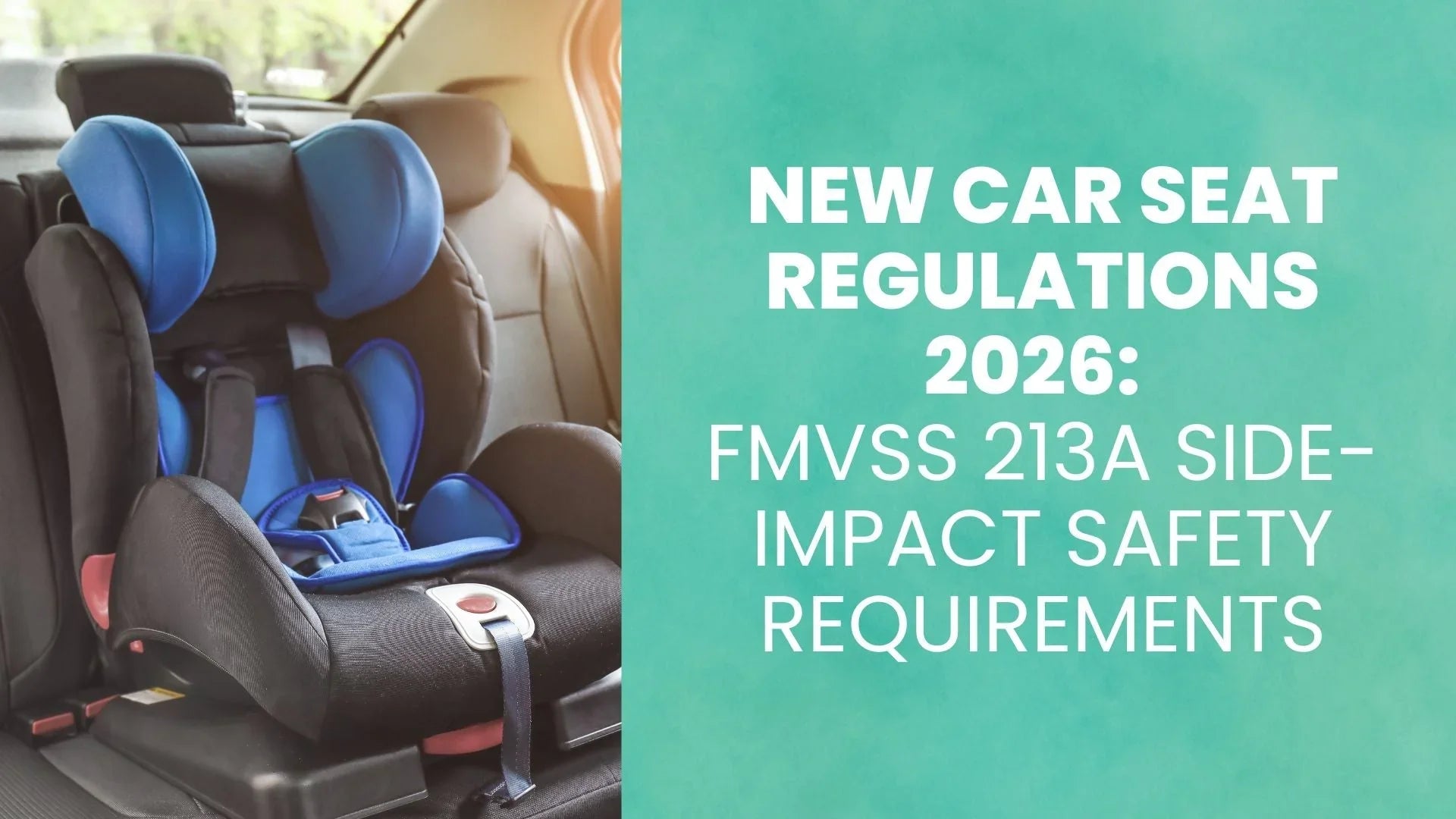As a parent, watching your baby sleep can be both peaceful and anxiety-inducing. Every slight pause in breathing, unusual sound, or restless movement can send your mind racing. While most infant sleep patterns are completely normal, knowing when to reach out to your pediatrician about potential sleep concerns is crucial for your baby's health and your peace of mind.
Understanding Normal Baby Breathing Patterns
Before diving into concerning signs, it's important to understand what normal infant breathing looks like. Newborns and young babies have breathing patterns that differ significantly from adults:
Normal characteristics include:
- Breathing rates between 30-60 breaths per minute (much faster than adults)
- Irregular breathing rhythms, especially during REM sleep
- Brief pauses of 5-10 seconds between breaths
- Occasional sighs or deeper breaths
- Slightly faster breathing during active sleep phases
Babies are also naturally noisy sleepers. Soft grunting, occasional snoring, and gentle sighs are typically normal, especially in the first few months as their respiratory systems mature.
Red Flag Signs: When to Contact Your Pediatrician Immediately
Certain signs warrant immediate medical attention and shouldn't wait for your next scheduled appointment:
Breathing emergencies requiring immediate care:
- Breathing pauses lasting longer than 20 seconds
- Blue or gray coloring around the lips, face, or fingernails (cyanosis)
- Severe difficulty breathing or gasping for air
- Complete cessation of breathing
- Unresponsiveness or inability to wake your baby
Other urgent concerns:
- Persistent loud snoring with breathing interruptions
- Choking episodes during sleep
- Excessive sweating during sleep combined with labored breathing
- Signs of severe sleep deprivation affecting feeding or development
If you notice any of these signs, contact your pediatrician immediately or seek emergency medical care.
Signs That Warrant a Pediatric Consultation
While not immediately life-threatening, these patterns should be discussed with your healthcare provider:
Breathing-related concerns:
- Consistently noisy breathing that seems to worsen over time
- Regular pauses in breathing lasting 10-15 seconds
- Frequent episodes of irregular breathing patterns
- Persistent mouth breathing during sleep
- Excessive chest retractions (skin pulling in around the ribs during breathing)
Sleep pattern concerns:
- Extreme difficulty staying asleep despite appropriate sleep environment
- Constant restlessness with frequent waking
- Signs of sleep apnea, including loud snoring followed by quiet periods
- Excessive daytime sleepiness that affects feeding or development
- Sudden changes in established sleep patterns without obvious cause
Understanding Infant Sleep Apnea
Infant sleep apnea is a serious condition where breathing repeatedly stops and starts during sleep. Unlike adult sleep apnea, infant sleep apnea can be life-threatening and requires immediate medical attention.
Types of infant sleep apnea:
- Central sleep apnea: The brain fails to send proper signals to breathing muscles
- Obstructive sleep apnea: Physical blockage of the airway
- Mixed sleep apnea: A combination of both types
Warning signs of infant sleep apnea:
- Loud snoring followed by periods of silence
- Gasping or choking during sleep
- Unusual sleeping positions (hyperextended neck, sitting up)
- Excessive daytime fatigue
- Difficulty feeding or poor weight gain
- Behavioral changes or irritability
Premature babies and infants with certain medical conditions are at higher risk for sleep apnea and may require specialized monitoring.
Documenting Concerns for Your Pediatrician
When you notice concerning patterns, documenting them can help your pediatrician make an accurate assessment:
Keep track of:
- Frequency and duration of breathing irregularities
- Time of day when concerns are most noticeable
- Your baby's position when issues occur
- Environmental factors (room temperature, humidity, recent illness)
- Any accompanying symptoms (color changes, difficulty waking, feeding issues)
- Your baby's overall behavior and development
Modern baby monitors can be invaluable tools for gathering this information. Advanced monitoring systems can track breathing patterns, heart rate, and sleep quality, providing objective data that helps healthcare providers make informed decisions about your baby's health.
When NOT to Worry: Common Normal Behaviors
Understanding what's normal can help reduce unnecessary anxiety:
Typical newborn behaviors that usually aren't concerning:
- Periodic breathing (brief pauses followed by rapid breaths)
- Soft grunting or sighing during sleep
- Moving and shifting positions frequently
- Light snoring occasionally
- Brief startling movements (Moro reflex)
Remember that every baby is different, and what's normal for one infant might not be normal for another. Trust your instincts—you know your baby best.
The Role of Baby Monitoring Technology
While nothing replaces professional medical advice, modern baby monitors can provide valuable insights into your infant's sleep patterns and breathing. Advanced monitors can:
- Track breathing patterns and alert you to irregularities
- Monitor heart rate and oxygen levels
- Record sleep quality and duration data
- Provide historical data to share with your pediatrician
- Offer peace of mind during those anxious early months
This data can be particularly helpful when discussing concerns with your healthcare provider, as it provides objective information about your baby's sleep and breathing patterns over time.
Creating a Safe Sleep Environment
While monitoring is important, creating a safe sleep environment remains the foundation of infant sleep safety:
- Always place babies on their backs to sleep
- Use a firm sleep surface with a tight-fitting sheet
- Keep the crib free of blankets, pillows, and toys
- Maintain appropriate room temperature (68-70°F)
- Ensure good air circulation in the nursery
- Avoid smoke exposure
Building a Relationship with Your Pediatrician
Establishing open communication with your baby's healthcare provider is essential. Don't hesitate to reach out with concerns—pediatricians would rather address your worries than miss a potential issue.
Tips for effective communication:
- Be specific about your observations
- Bring any monitoring data or sleep logs
- Ask questions about what's normal for your baby's age
- Discuss your family's medical history related to sleep issues
- Request guidance on when to call with future concerns
Trusting Your Parental Instincts
Perhaps most importantly, trust your instincts as a parent. If something feels wrong or different about your baby's sleep or breathing patterns, it's always better to err on the side of caution. Your pediatrician is there to help assess your concerns and provide guidance.
Remember that most infant sleep concerns resolve naturally as babies grow and their systems mature. However, staying vigilant and informed helps ensure that any serious issues are identified and addressed promptly.
The journey of parenthood involves constant learning and occasional worry. By understanding normal sleep patterns, recognizing warning signs, and maintaining open communication with your healthcare team, you're providing the best possible care for your little one. Modern monitoring technology can be a valuable ally in this process, offering both practical insights and the peace of mind that comes with knowing you're staying informed about your baby's well-being.
Always consult with your pediatrician for personalized medical advice. This information is for educational purposes and should not replace professional medical guidance.





